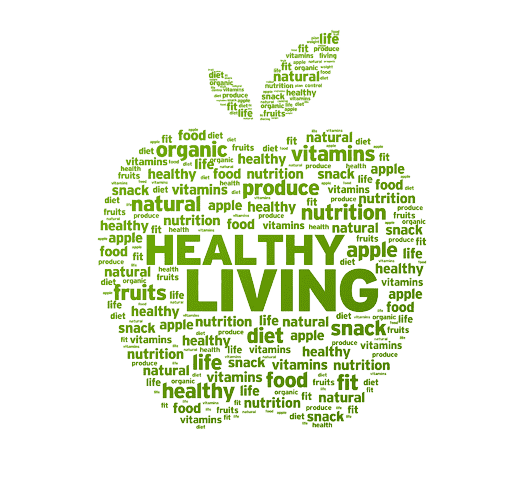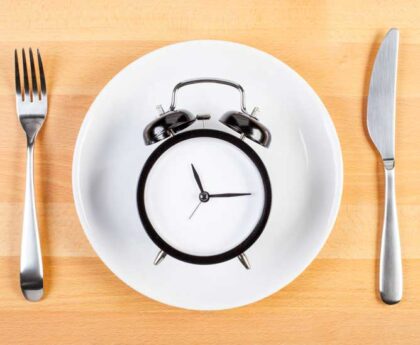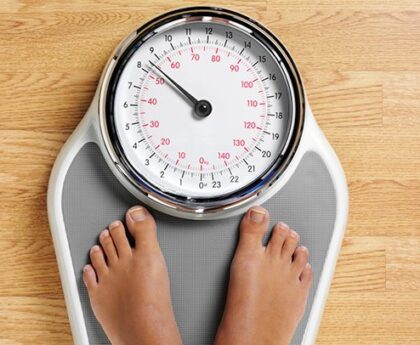Finding the most effective diet for weight loss can be a daunting task, as there is no one-size-fits-all approach. Each person’s body reacts differently to various diet plans, making it crucial to select a diet that is both nutritious and sustainable. Effective weight loss requires long-term commitment to healthy eating, regular physical activity, and lifestyle changes. So, what how can you go about choosing the best weight loss diet for you?
Steps to Selecting the Right Weight Loss Diet Plan
Before embarking on a weight loss journey, it’s essential to follow these steps to ensure you choose the most suitable diet plan for your individual circumstances:
- Consult with Your Doctor: It’s important to consult with your doctor before starting any diet plan. They can provide personalized advice based on your medical history, current medications, and overall health condition.
- Consider Your Lifestyle: When choosing a weight loss diet plan, take into account your lifestyle, preferences, and weight loss goals. It’s crucial to select a plan that aligns with your daily routine and is realistic and sustainable in the long term.
- Focus on Nutrition: Opt for a diet plan that prioritizes nutrition and includes a wide range of nutrients to fuel your body. Avoid diets that heavily rely on fillers or supplements, as they may not provide adequate nourishment.
- Combine with Exercise: Remember that no diet plan alone can guarantee optimal weight loss. It’s important to incorporate regular physical activity into your routine to enhance the effectiveness of your chosen diet plan.
Five Effective Weight Loss Diets
- Intermittent Fasting: Intermittent fasting involves alternating periods of fasting and eating. Popular methods include the 16/8 method (fasting for 16 hours and restricting eating to an 8-hour window) and the 5:2 method (consuming only 500-600 calories on two non-consecutive days). While intermittent fasting can aid weight loss, it’s important to avoid overeating during the designated eating periods.
- Mediterranean Diet: The Mediterranean diet has consistently been ranked as one of the best overall diets. It emphasizes whole foods such as fruits, vegetables, nuts, whole grains, fish, and olive oil, while limiting the consumption of meat, dairy, and wine. This diet is not only effective for weight loss but also offers numerous health benefits, including reducing inflammation, regulating blood pressure and cholesterol, and improving blood sugar levels.
- DASH Diet: The DASH diet (Dietary Approaches to Stop Hypertension) was specifically designed to lower blood pressure. It emphasizes whole foods like fruits, vegetables, low-fat dairy, whole grains, lean meats, fish, and poultry, while limiting processed foods and red meat.
- Low-Carb Diet: Low-carb diets, such as the Atkins and keto diets, restrict carbohydrate intake while promoting healthy fats and proteins. By limiting carbs, the body enters a state called ketosis, where it burns fat for energy instead of carbohydrates. It’s important to note that starting a low-carb diet may cause side effects such as headaches, tiredness, and constipation, so consulting with a doctor is advisable.
- Paleo Diet: The paleo diet is based on the premise that we should eat similarly to our ancestors during the Paleolithic era. This diet focuses on whole foods such as meat, fish, fruits, vegetables, nuts, and seeds while excluding processed foods, grains, legumes, and dairy. While some studies suggest that the paleo diet can aid in weight loss and improve glucose tolerance, more long-term clinical trials are needed to confirm its benefits and risks.
Choosing the best weight loss diet requires careful consideration of your individual needs, lifestyle, and health conditions. Consulting with a healthcare professional, prioritizing nutrition, and incorporating exercise are vital steps in achieving sustainable weight loss. Remember that the most effective diet is one that you can stick to in the long term and supports your overall health and well-being.





